
Baron Poltimore, of Poltimore in the County of Devon, is a title in the Peerage of the United Kingdom. It was created in 1831 for Sir George Bampfylde, 6th Baronet. His son, the second Baron, held office as Treasurer of the Household from 1872 to 1874 in the first Liberal administration of William Ewart Gladstone.

There have been five baronetcies created for persons with the surname Barker, three in the Baronetage of England, one in the Baronetage of Great Britain and one in the Baronetage of the United Kingdom. All five creations are extinct.
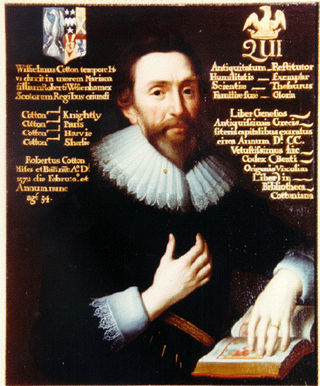
There have been three Baronetcies created for persons with the surname Cotton, all in the Baronetage of England. One creation is extant as of 2008.
There have been ten baronetcies created for persons with the surname Browne, six in the Baronetage of Great Britain, three in the Baronetage of Ireland and one in the Baronetage of Nova Scotia. Only one creation is extant as of 2010. Three of the creations were for members of the Browne family headed by the Viscount Montagu.

There have been four baronetcies created for members of the Acland family, which originated in the 12th century at the estate of Acland in the parish of Landkey, North Devon, two in the Baronetage of England and two in the Baronetage of the United Kingdom.
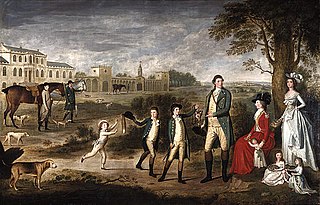
There have been five baronetcies of the United Kingdom created for a person with the surname Erskine, two in the Baronetage of Nova Scotia, one in the Baronetage of Great Britain and two in the Baronetage of the United Kingdom. Two of the creations are extant as of 2010.
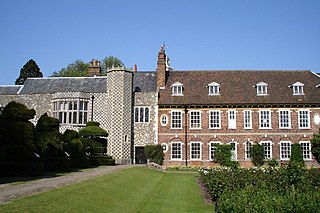
There have been two Baronetcies created for persons with the surname Austen, one in the Baronetage of England and one in the Baronetage of Great Britain. Both creations are extinct.

The Bunbury Baronetcy, of Bunbury, Oxon and Stanney Hall in the County of Chester, is a title in the Baronetage of England. It was created on 29 June 1681 for Thomas Bunbury, Sheriff of Cheshire from 1673 to 1674 and the member of an ancient Cheshire family. His grandson, Henry, the third Baronet, and great-grandson, the fourth Baronet, both sat as Members of Parliament for Chester. The latter died unmarried at an early age and was succeeded by his younger brother, the fifth Baronet. He was a clergyman. On his death in 1764 the title passed to his eldest son, the sixth Baronet. He represented Suffolk in the House of Commons for over forty years but is best remembered for his marriage to Lady Sarah Lennox. He died childless in 1821 and was succeeded by his nephew, the seventh Baronet. He was the son of Henry Bunbury, younger son of the fifth Baronet. The seventh Baronet was a distinguished soldier and politician. His eldest son, the eighth Baronet, was High Sheriff of Suffolk in 1868, and Fellow of the Royal Society. He died childless in 1886 and was succeeded by his younger brother, the ninth Baronet. He was Liberal Member of Parliament for Bury St Edmunds. He died unmarried in 1895 and was succeeded by his nephew, the tenth Baronet. He was the son of Colonel Henry William St Pierre Bunbury, third son of the seventh Baronet. He served as High Sheriff of Suffolk in 1908 and was a Deputy Lieutenant of the county. On his death in 1930 the title passed to his son, the eleventh Baronet. He was High Sheriff of Suffolk in 1936 and was a Deputy Lieutenant of the county. His son, the twelfth Baronet, was High Sheriff of Suffolk in 1972. As of 2014 the title was held by the latter's second but eldest surviving son, the thirteenth Baronet, who succeeded in 1985.
There have been nine baronetcies created for persons with the surname Lloyd, three in the Baronetage of England, three in the Baronetage of Great Britain and three in the Baronetage of the United Kingdom. Two of the creations are extant as of 2010.
Six baronetcies have been held by the Grant family.
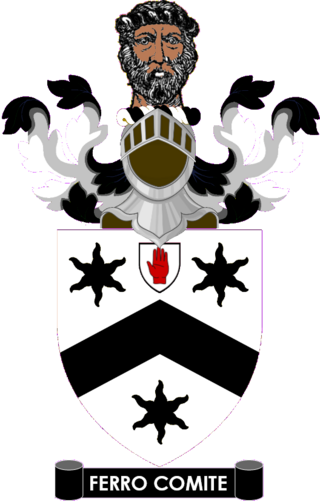
The Mordaunt Baronetcy, of Massingham Parva in the County of Norfolk, is a title in the Baronetage of England. It was created on 29 June 1611 for Lestrange Mordaunt, who had earlier distinguished himself in the Wars of the Low Countries during the reign of Elizabeth I. The fifth, sixth, seventh and eighth Baronets all represented Warwickshire in the House of Commons. The ninth and tenth Baronets sat as Members of Parliament for Warwickshire South.

There have been three baronetcies created for persons with the surname Carew, two in the Baronetage of England prior to 1707, one in the Baronetage of Great Britain.

There have been four baronetcies created for members of the ancient House of Beaumont, all in the Baronetage of England. All four creations are extinct or dormant.

The Elwes Baronetcy of Stoke-by-Clare in the County of Suffolk, was a title in the Baronetage of England held by the Elwys family, whose name through the years has alternately been spelled Helwish, Helewise, Helwys, Elwaiss and Elwaies.
There have been five baronetcies created for persons with the surname Wentworth, four in the Baronetage of England and one in the Baronetage of Great Britain. All creations are extinct.
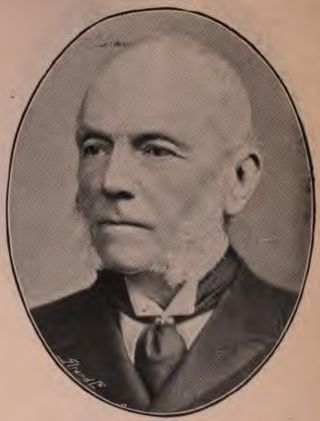
There have been five baronetcies created for persons with the surname Morgan, two in the Baronetage of England, one in the Baronetage of Great Britain and two in the Baronetage of the United Kingdom. All five creations are extinct.
There have been two baronetcies created for persons with the surname Pickering, one in the Baronetage of Nova Scotia and one in the Baronetage of England. Both creations are extinct.
John Elwill may refer to:
Sir John Elwill, 1st Baronet was an English aristocrat and politician.

Sir John Elwill, 4th Baronet was an English aristocrat and politician.













